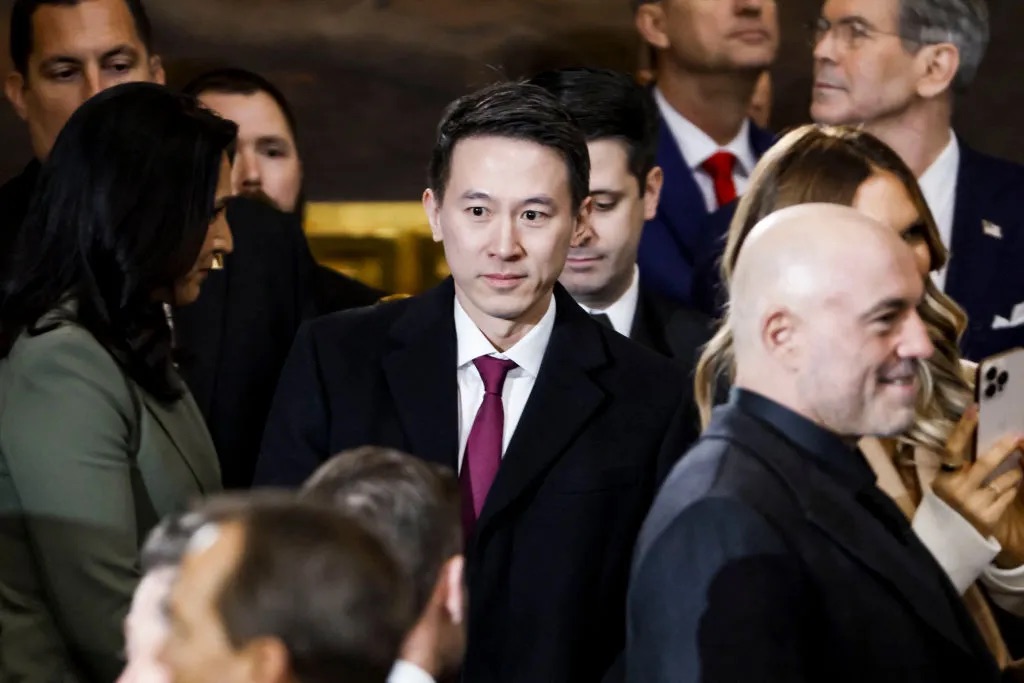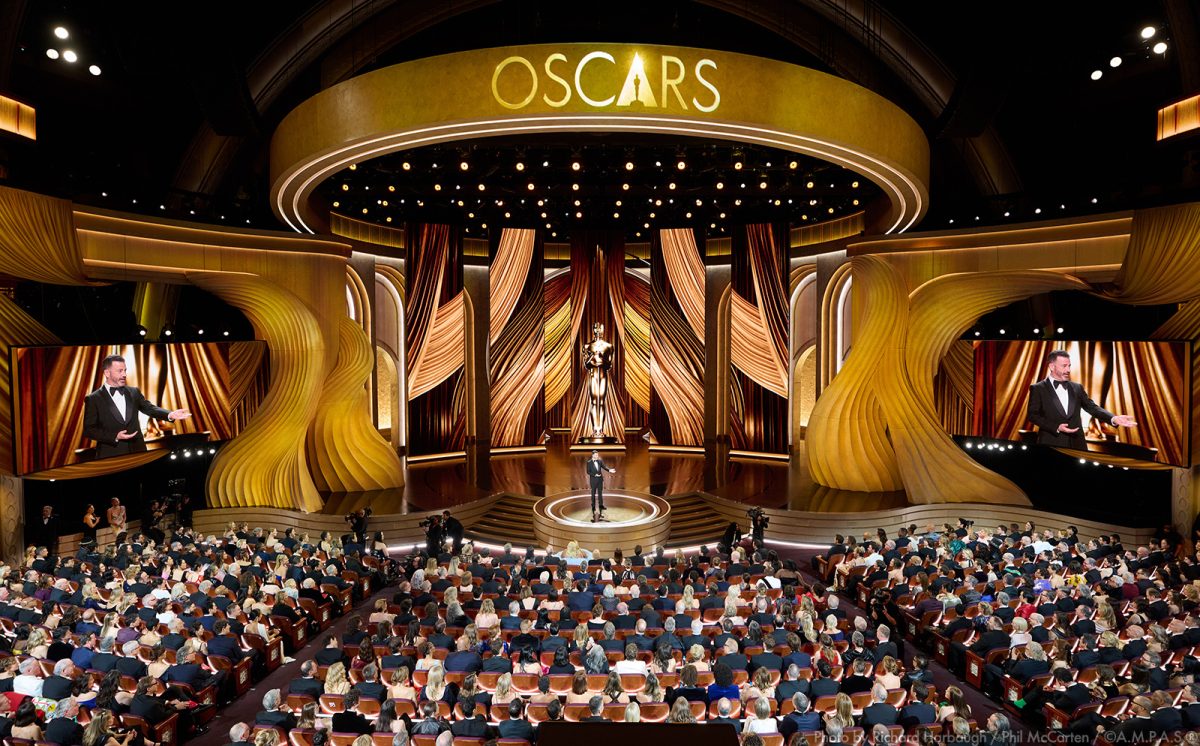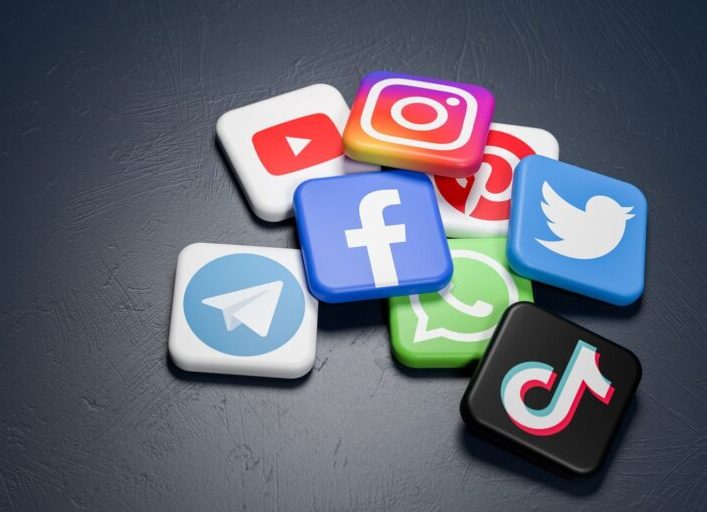TikTok is a national security threat, full stop. When presented with evidence, it’s naïve to think otherwise. TikTok Inc. is a U.S.-based company whose parent company, ByteDance Ltd., is headquartered in Beijing, China. This is where the first problem arises: all companies in China are required by law to turn over any information they possess to the government upon request. Even Apple, an American company known as a staunch supporter of user privacy, has complied with the Chinese government’s requests. Not only does Apple store Chinese user data within the country, but they also follow the Chinese Communist Party’s directives to take down apps that they view as harmful like WhatsApp, Signal, and even The New York Times app.
In the case of TikTok, this data sharing could include the data of 170 million U.S. users, such as emails, phone numbers, personal details, phone model numbers, and even all contact information stored on a user’s phone—assuming they allow TikTok access in the first place. Although there is no evidence that TikTok Inc. has turned over such data to the Chinese government, the mere possibility is disconcerting. During Supreme Court oral arguments, both Justice Brett Kavanaugh and Solicitor General Elizabeth Prologar highlighted this concern and emphasized that the U.S. government has a vested interest in controlling foreign adversaries’ media influence within the United States.
Just on the data collection interest, I think Congress and the President were concerned that China was accessing information about millions of Americans, tens of millions of Americans, including teenagers, people in their 20s, that they would use that information over time to develop spies, to turn people, to blackmail people, people who, a generation from now, will be working in the FBI or the CIA or in the State Department. – Justice Brett Kavanaugh
And for the — the Chinese government to have this vast trove of incredibly sensitive data about them I think obviously exposes our nation as a whole to a risk of espionage and blackmail. – Solicitor General Elizabeth Prelogar
It is for these very reasons that Congress passed the bipartisan Protecting Americans from Foreign Adversary Controlled Applications Act (PAFACA) last April. The bill passed overwhelmingly, with a vote of 360-58 in the House and 79-18 in the Senate. At a time when Congress is often divided, this shows that it is not a partisan issue—at least not in Congress.
Like it or not, media is regulated in the U.S. (although the content itself is not regulated, as that would be unconstitutional). TikTok Inc.’s attorneys argued that PAFACA was unconstitutional because it effectively banned the content on TikTok. This claim is demonstrably false. The act simply mandates that TikTok Inc., which can be argued as being a foreign media company, must either be sold to a U.S. company or banned; the issue is not with the content, but how it is being distributed.
Radio and television licenses are heavily regulated within the U.S., with very few foreign-owned radio stations or television channels. While Politico is owned by a German company, Germany is not a foreign adversary of the U.S. The U.S.’s only foreign adversaries are the People’s Republic of China, Cuba, Iran, North Korea, Russia, and Venezuela (at least under Nicolás Maduro). The companies not only have strict sanctions imposed upon them, but are heavily restricted in what they can do in the U.S.
Contrary to what TikTok Inc.’s attorney argued, no one’s First Amendment rights are being violated—not TikTok’s, nor the users’. The Supreme Court has never ruled that foreign companies have First Amendment rights. In a unanimous 9-0 ruling, the Court affirmed that PAFACA is constitutional and simply obligates ByteDance Ltd. to divest TikTok Inc. to an American company or face a ban on American devices.
The requirement to sell or ban the app came to a head on the night of January 19, 2025. At around 10 p.m. EST, TikTok went dark and was removed from both the Apple and Google app stores, albeit only for a few hours. The next day, TikTok came back online after then-President-Elect Trump signaled his willingness to either grant a one-time 90-day extension allowed under PAFACA or instruct his Attorney General not to enforce the law imposing a $5,000 fee per user for working with a company controlled by a foreign adversary.
Both options, however, have their challenges. For one, the President must demonstrate to Congress that there is significant progress toward a “qualified divestiture.” What constitutes “qualified divestiture” remains unclear. However, it had been reported that Microsoft, led by Satya Nadella—who was present at the inauguration along with TikTok Inc. CEO Shou Zi Chew (picture on the right, credit: Shawn Thew) and other tech and media moguls such as Elon Musk, Jeff Bezos, Mark Zuckerberg, Tim Cook, Sam Altman, and Rupert Murdoch—might be working with the White House to acquire the app.
On Trump’s first day in office, he directed his Attorney General through an Executive Order not to enforce the law for at least 75 days. If ByteDance Ltd. was originally given 270 days to sell TikTok Inc., what makes it reasonable to expect a deal to be completed in 90 days—let alone 75? Trump’s action is a political move that lands itself in a constitutional grey area.
Trump would join the ranks of Jefferson and Obama in choosing not to enforce certain acts of Congress. Jefferson refused to enforce the Sedition Act, which he viewed as unconstitutional, and Obama declined to enforce the federal ban on marijuana. Technically, it is not unconstitutional for a president to refrain from enforcing specific laws. Some interpret the Take Care Clause—“[The President] shall take Care that the Laws be faithfully executed,” found in Article II, Section 3 of the Constitution—as granting the President discretion over which laws to enforce, or not enforce.
The President originally proposed banning TikTok during his first term in 2020 but later backed off the idea after seeing how the platform helped him win the 2024 presidential election by increasing his share of the youth vote—a demographic Republicans have historically struggled to capture.
As of this writing, TikTok and several other apps owned by ByteDance Ltd. remain unavailable on both the Apple and Google app stores. While they still may appear on peoples’ phones, the app cannot be downloaded or receive new updates. The uncertainty surrounding TikTok’s U.S. operations casts doubt on the future of the company’s global operations. Additionally, how President Trump’s interpretation of the law holds up—both legally and in practice—remains to be seen.





